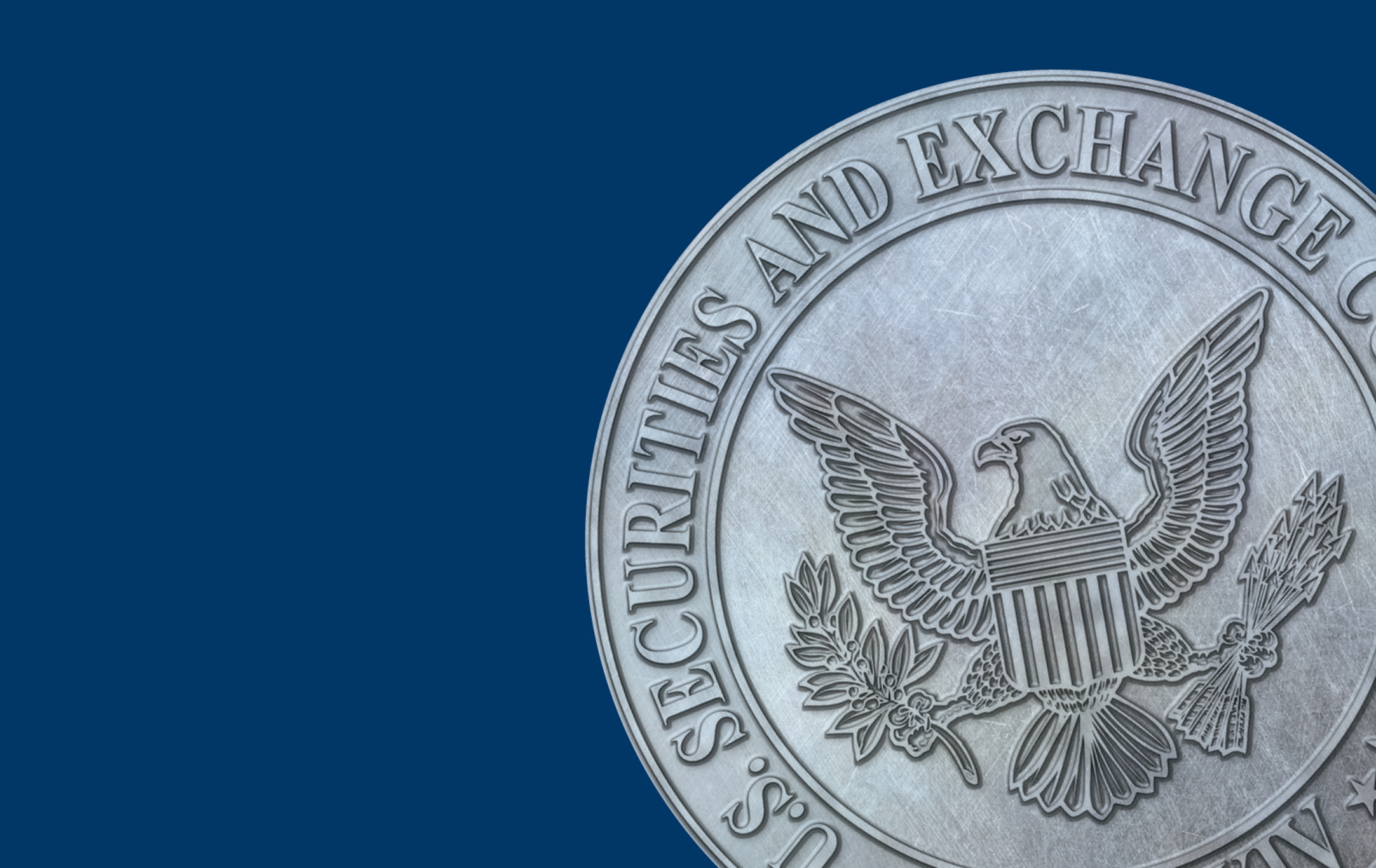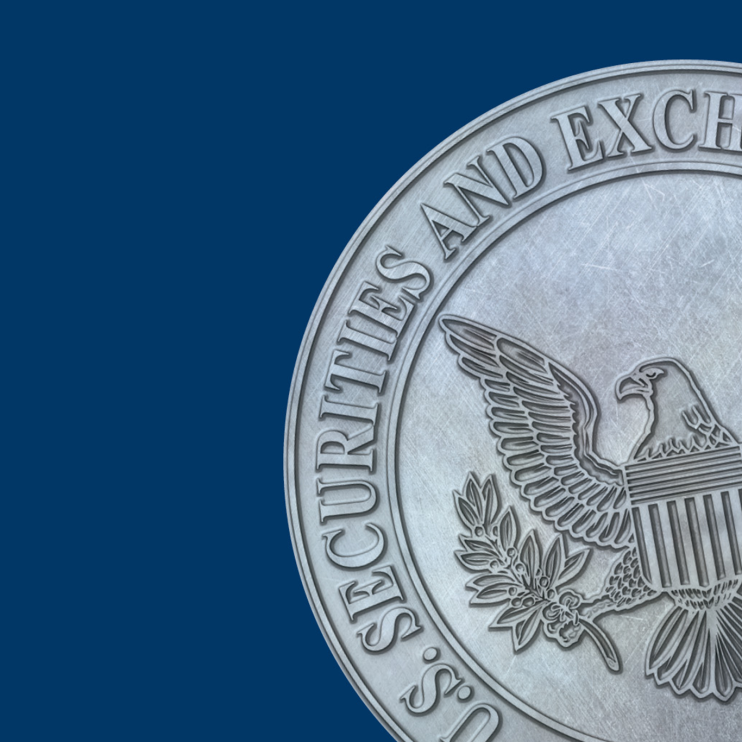SEC Adopts Rules For Private Fund Advisers

23 DECEMBER 2023 | Lizbeth Flores and Felipe Saraiva
Preferential Treatment of Certain Investors (Preferential Treatment Rule)
Q: Can I still issue side letters giving preferential treatment to certain investors?
Q: Can I limit the information disclosed to certain investors prior to their investment (discriminatory disclosure)?
Q: Do I need to disclose any side letters to other investors?
Q: By when must I comply with the above rules?
Restricted Activities of Investment Advisers
Q: Will the Fund Manager be liable for fees and expenses related to an investigation that results in a sanction for violating the Advisers Act?
Q: Can I charge the fund for regulatory, examination, or compliance fees or expenses of the adviser?
Q: Can there be a reduction of a Fund Manager’s clawback for the Fund Manager’s tax expenses?
A: Yes, provided that the Fund Manager sends a written notice to the investors with the aggregate amounts of such clawback before and after any tax reduction for actual, potential, or hypothetical taxes, within 45 days after the end of the relevant fiscal quarter.
Q: Can I charge investors fees or expenses related to a portfolio investment on a non-pro rata basis?
Q: Can I charge or allocate to the private fund fees or expenses associated with an investigation of the adviser or its related persons by any governmental or regulatory authority?
Q: Can I borrow money, securities, or other private fund assets, or receive a loan or an extension of credit, from a private fund client?
Q: By when must I comply with the above rules?
A: For advisers with (i) $1.5 billion or more in AUM, September 14, 2024; and (ii) less than $1.5 billion in AUM, March 14, 2025.
Compliance Rule Amendments
Q: Are the relevant changes applicable to both registered and unregistered private fund advisers?
Additionally, advisers who are or are required to be registered will have to retain books and records related to the Quarterly Statement Rule, the Audit Rule, the Adviser-Led Secondaries Rule, the Preferential Treatment Rule, and the Restricted Activities Rule.
Legacy Status
Q: What about the side letters and written agreements I already have in place in an existing fund?
A: Existing agreements and funds that began operations before the compliance date are exempted from the new rules related to: (a) preferential redemption rights; (b) preferential information rights; (c) restrictions on borrowing from a private fund; and (d) restrictions on charging of expenses related to certain investigations, if compliance with the new rules would require changes to existing fund documents. However, existing funds will need to disclose preferential treatment previously granted to investors.
Conclusion*
SEC Adopts Rules For Private Fund Advisers

23 DECEMBER 2023 | Lizbeth Flores and Felipe Saraiva
Preferential Treatment of Certain Investors (Preferential Treatment Rule)
Q: Can I still issue side letters giving preferential treatment to certain investors?
Q: Can I limit the information disclosed to certain investors prior to their investment (discriminatory disclosure)?
A: No. All disclosures made to any investor prior to investment, must be made to all. The SEC has not specified a prescribed format for such disclosures; however, it emphasizes the necessity for advisers to provide a detailed description of any preferential treatment to ensure its meaningful communication. Alternatively, advisers may opt to furnish copies of pertinent side letters or terms, redacting any investor-identifying information for confidentiality.
Q: Do I need to disclose any side letters to other investors?
Q: By when must I comply with the above rules?
A: March 14, 2025.
Restricted Activities of Investment Advisers
Q: Will the Fund Manager be liable for fees and expenses related to an investigation that results in a sanction for violating the Advisers Act?
Q: Can I charge the fund for regulatory, examination, or compliance fees or expenses of the adviser?
Q: Can there be a reduction of a Fund Manager’s clawback for the Fund Manager’s tax expenses?
A: Yes, provided that the Fund Manager sends a written notice to the investors with the aggregate amounts of such clawback before and after any tax reduction for actual, potential, or hypothetical taxes, within 45 days after the end of the relevant fiscal quarter.
Q: Can I charge investors fees or expenses related to a portfolio investment on a non-pro rata basis?
A: You can do so upon written notice to investors showing that the allocation approach is fair and equitable.
Q: Can I charge or allocate to the private fund fees or expenses associated with an investigation of the adviser or its related persons by any governmental or regulatory authority?
Q: Can I borrow money, securities, or other private fund assets, or receive a loan or an extension of credit, from a private fund client?
A: You can, upon written notice to the investors including a description of the material terms, as well as the written consent from at least a majority in interest of the fund’s investors that are not related persons of the adviser.
Q: By when must I comply with the above rules?
A: For advisers with (i) $1.5 billion or more in AUM, September 14, 2024; and (ii) less than $1.5 billion in AUM, March 14, 2025.
Compliance Rule Amendments
Q: Are the relevant changes applicable to both registered and unregistered private fund advisers?
Additionally, advisers who are or are required to be registered will have to retain books and records related to the Quarterly Statement Rule, the Audit Rule, the Adviser-Led Secondaries Rule, the Preferential Treatment Rule, and the Restricted Activities Rule.
Legacy Status
Q: What about the side letters and written agreements I already have in place in an existing fund?
A: Existing agreements and funds that began operations before the compliance date are exempted from the new rules related to: (a) preferential redemption rights; (b) preferential information rights; (c) restrictions on borrowing from a private fund; and (d) restrictions on charging of expenses related to certain investigations, if compliance with the new rules would require changes to existing fund documents. However, existing funds will need to disclose preferential treatment previously granted to investors.
Conclusion*
SEC Adopts Rules For Private Fund Advisers

23 DECEMBER 2023 | Lizbeth Flores and Felipe Saraiva
Preferential Treatment of Certain Investors (Preferential Treatment Rule)
Q: Can I still issue side letters giving preferential treatment to certain investors?
Q: Can I limit the information disclosed to certain investors prior to their investment (discriminatory disclosure)?
Q: Do I need to disclose any side letters to other investors?
Q: By when must I comply with the above rules?
Restricted Activities of Investment Advisers
Q: Will the Fund Manager be liable for fees and expenses related to an investigation that results in a sanction for violating the Advisers Act?
Q: Can I charge the fund for regulatory, examination, or compliance fees or expenses of the adviser?
Q: Can there be a reduction of a Fund Manager’s clawback for the Fund Manager’s tax expenses?
A: Yes, provided that the Fund Manager sends a written notice to the investors with the aggregate amounts of such clawback before and after any tax reduction for actual, potential, or hypothetical taxes, within 45 days after the end of the relevant fiscal quarter.
Q: Can I charge investors fees or expenses related to a portfolio investment on a non-pro rata basis?
A: You can do so upon written notice to investors showing that the allocation approach is fair and equitable.
Q: Can I charge or allocate to the private fund fees or expenses associated with an investigation of the adviser or its related persons by any governmental or regulatory authority?
Q: Can I borrow money, securities, or other private fund assets, or receive a loan or an extension of credit, from a private fund client?
Q: By when must I comply with the above rules?
A: For advisers with (i) $1.5 billion or more in AUM, September 14, 2024; and (ii) less than $1.5 billion in AUM, March 14, 2025.
Compliance Rule Amendments
Q: Are the relevant changes applicable to both registered and unregistered private fund advisers?
Additionally, advisers who are or are required to be registered will have to retain books and records related to the Quarterly Statement Rule, the Audit Rule, the Adviser-Led Secondaries Rule, the Preferential Treatment Rule, and the Restricted Activities Rule.
Legacy Status
Q: What about the side letters and written agreements I already have in place in an existing fund?
A: Existing agreements and funds that began operations before the compliance date are exempted from the new rules related to: (a) preferential redemption rights; (b) preferential information rights; (c) restrictions on borrowing from a private fund; and (d) restrictions on charging of expenses related to certain investigations, if compliance with the new rules would require changes to existing fund documents. However, existing funds will need to disclose preferential treatment previously granted to investors.